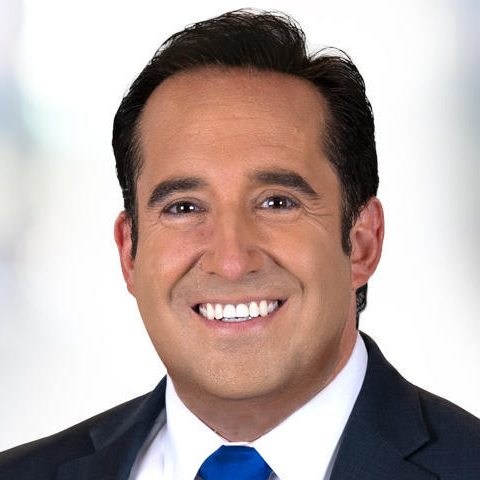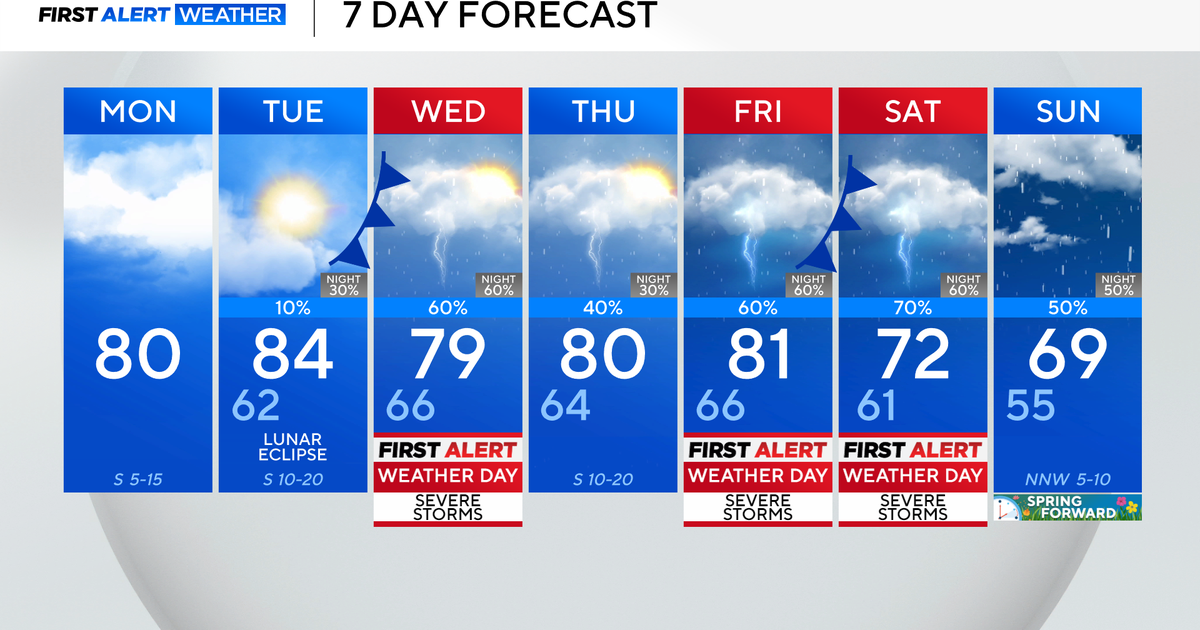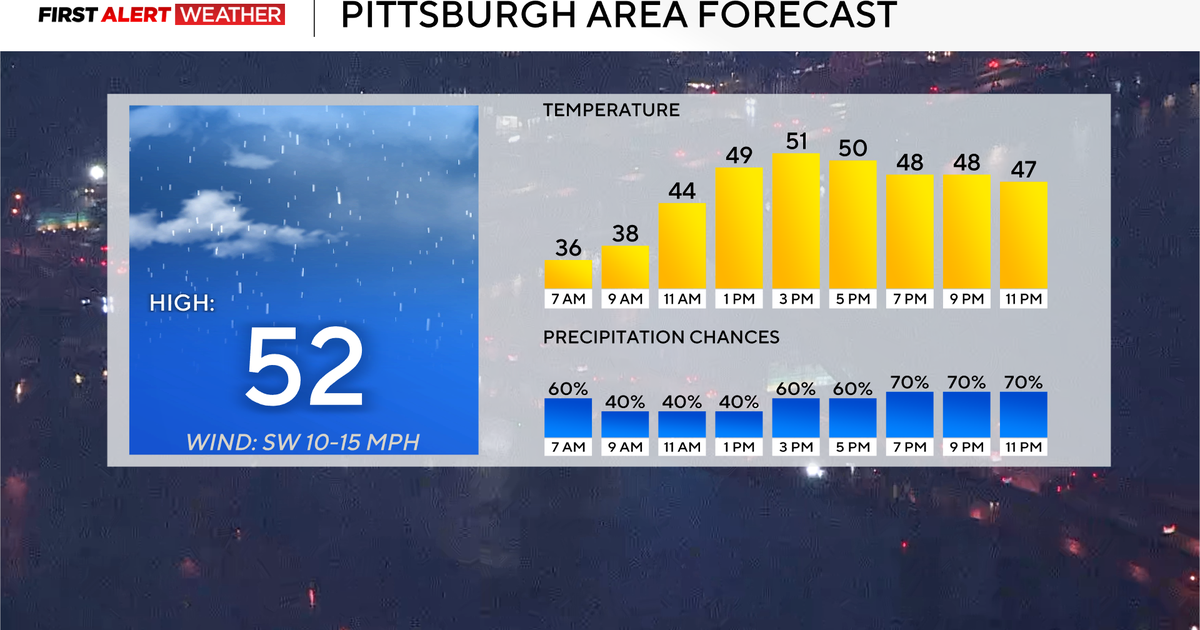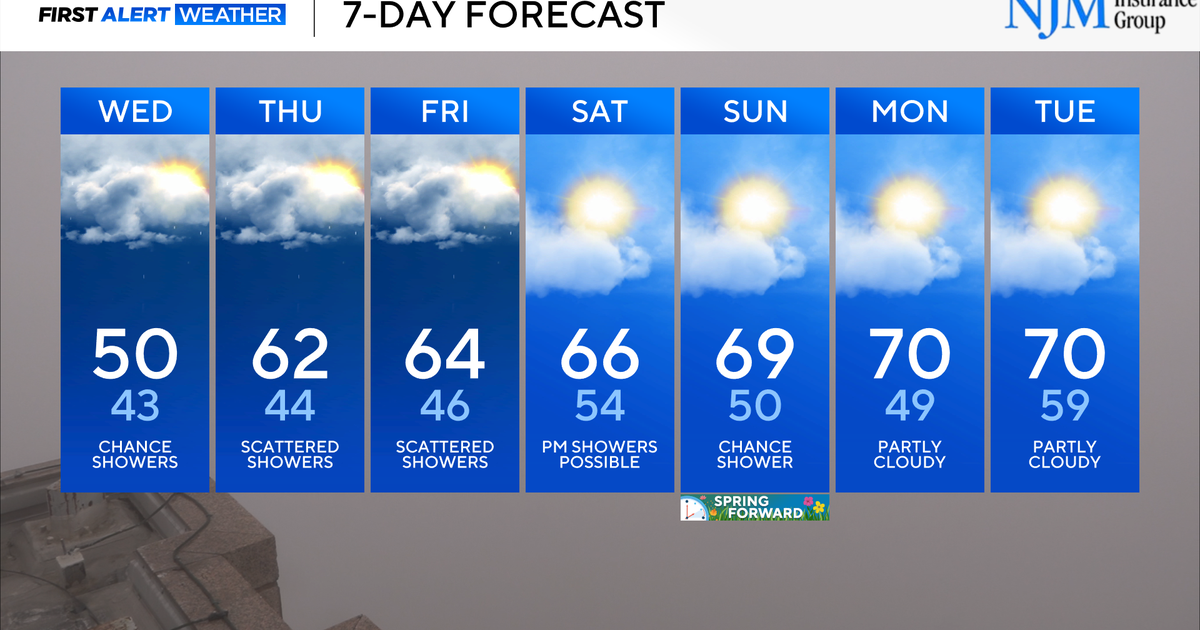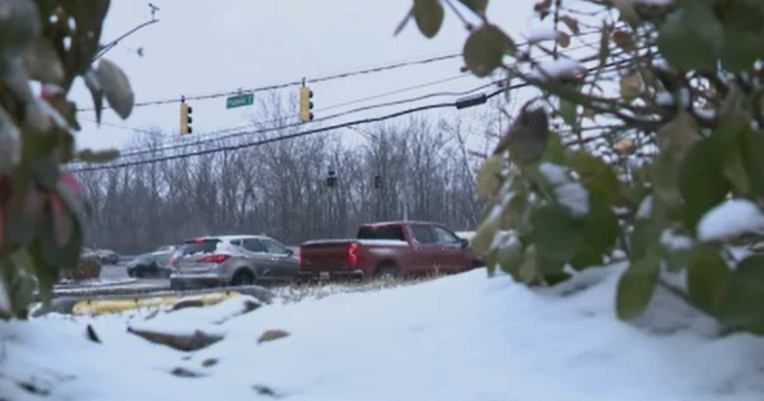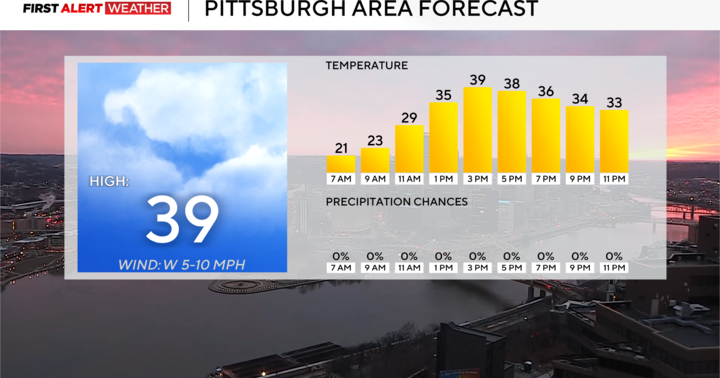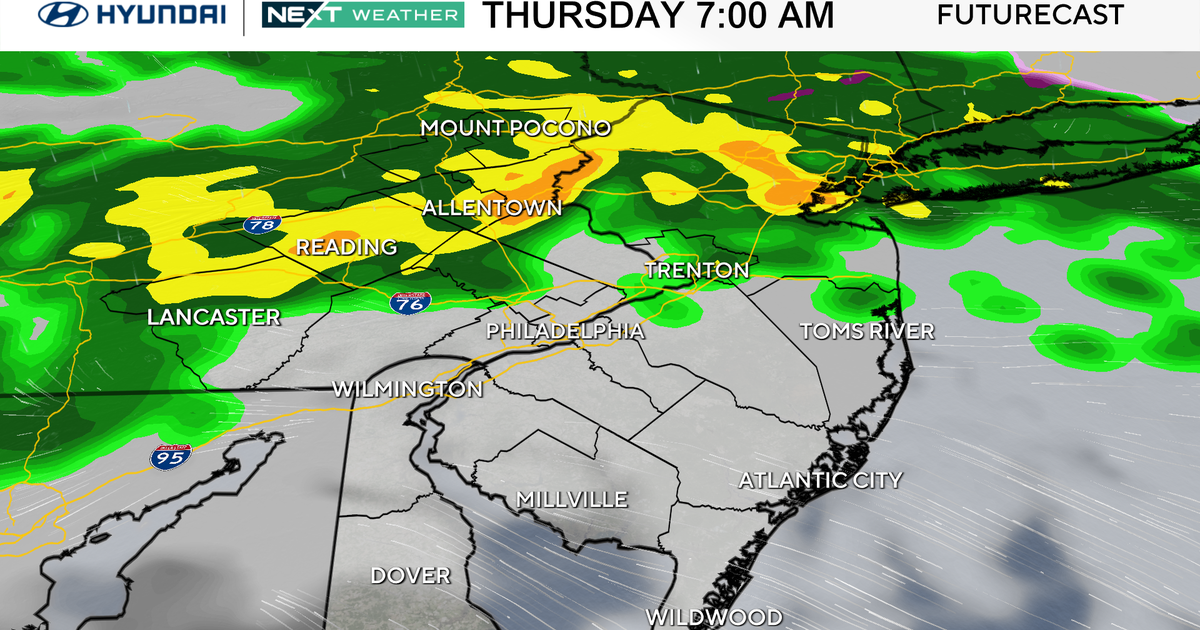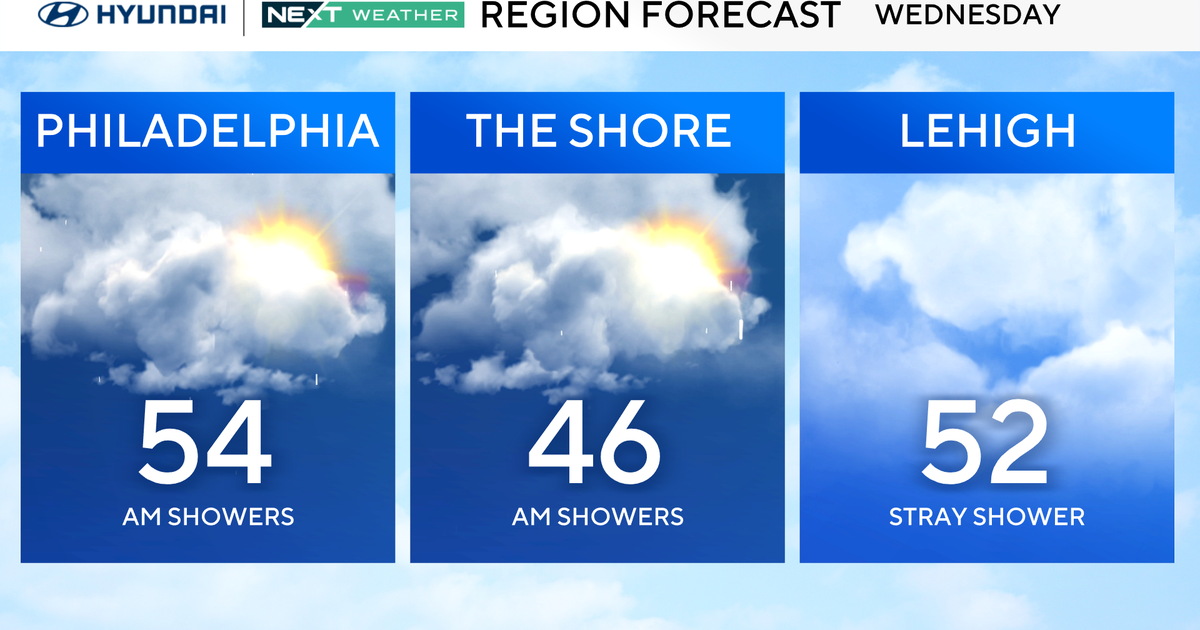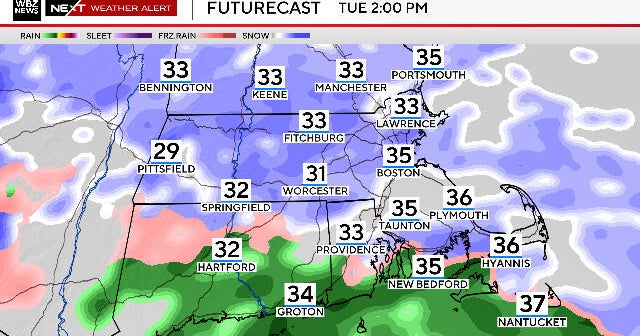How to prepare water systems, furnaces for cooler months ahead
BURNSVILLE, Minn. — The temperatures have finally dropped, giving Minnesotans their first taste of cold air and their first reminders of the checklist to protect their home and save money.
Outside, that includes blowing out the sprinklers and spigots so there's no leftover pools of water.
"Short term, the backflow on the pipe exposed in the air will break," said Dave Wilson with Upper Mississippi Irrigation. "That could flood into your basement here if the faucet breaks. In the yard it won't be so bad, just your water bill will be through the roof."
Wilson visited 20 homes on Monday, and the company's crews will treat thousands of properties over the next several weeks.
"You don't want your pipes to freeze once the weather gets below freezing," Wilson said.
So, clearly a proactive mood, but when it comes to getting ready for winter indoors, heating experts we spoke with worry too many Minnesotans are reactive with their furnaces.
"Everyone likes to think these systems go from it was working last night and all of a sudden it's broken," said Jon Ryan, owner of Genz-Ryan Heating and Cooling. "What's happening is these systems have components that work, but they're on the verge of failing. The biggest thing that people overlook is you have to do regular maintenance."
According to experts, that maintenance includes changing the air filters once a month.
"The system depends on regular air flow so when you're not getting air flow you'll strain the blower motor, cause higher temperatures and they're not designed to operate at extreme temperatures."
A new furnace could cost as much as $10,000. Other important tips ahead of the cold snap include proper placement and function of carbon monoxide detectors.
